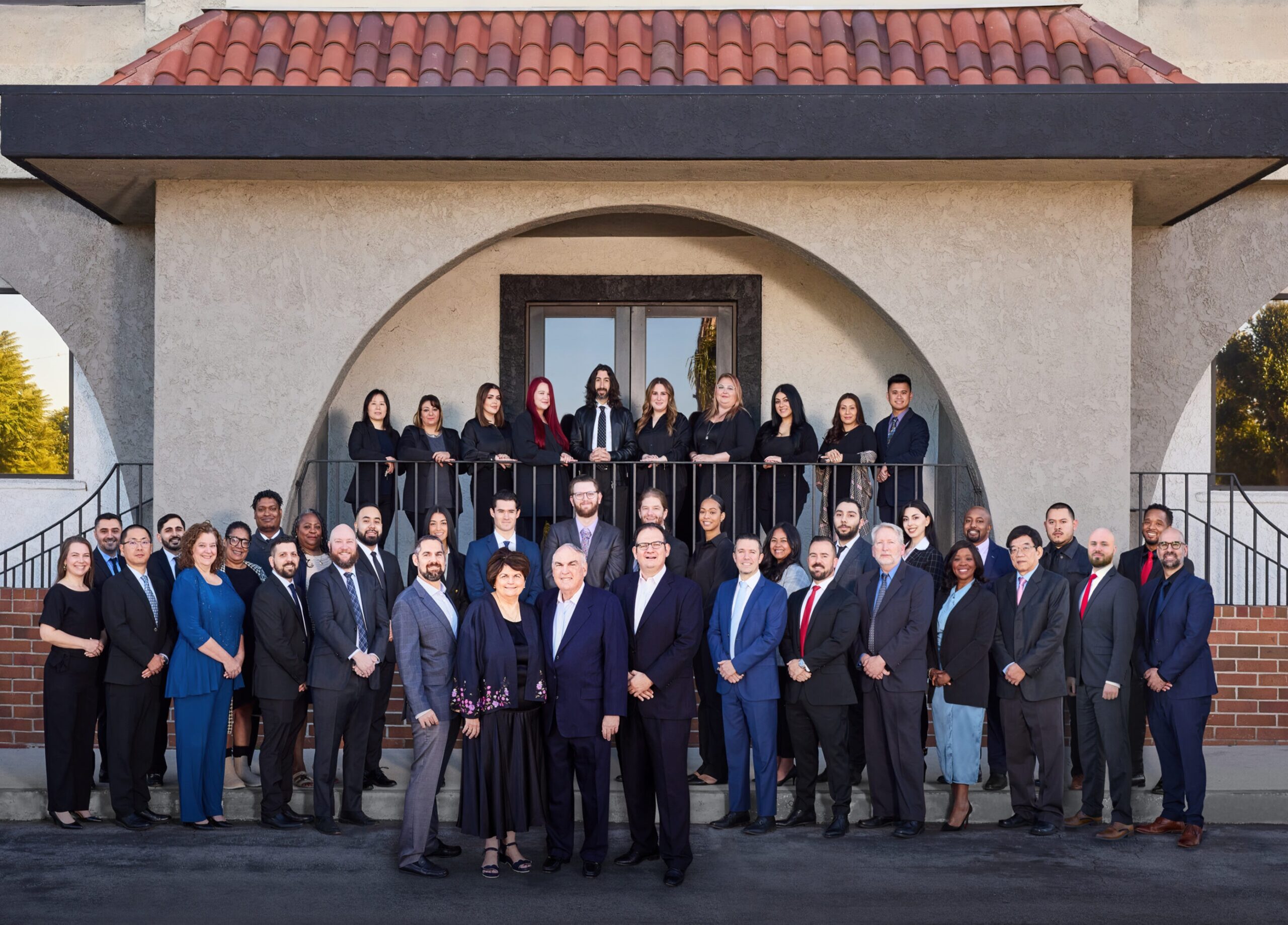- Primary Tax Form: “Declaración de Impuesto sobre la Renta” (Income Tax Return)
- Tax Year: October 1–September 30
- Tax Deadline: February 15
- Currency: Costa Rican Colón (CRC)
- Population: ~5.1 million
- US Expats: Estimated 50,000
- Capital: San José
- Language: Spanish
- Tax Treaty: No
- Totalization Agreement: No
US Expat Taxes in Costa Rica
All US citizens, regardless of where they live, must file a US tax return annually. In addition, Americans living in Costa Rica may need to file Costa Rican tax returns, depending on their residency status and source of income.
Costa Rica taxes residents on their worldwide income, but it has a simpler tax system and lower rates compared to many other countries. Fortunately, US expats can often reduce their tax liability through tax credits, such as the Foreign Earned Income Exclusion (FEIE) and Foreign Tax Credit (FTC).
Who Has to File Taxes in Costa Rica?
American expats in Costa Rica must pay taxes on any Costa Rican-sourced income, whether they are residents or non-residents. However, income earned from non-Costa Rican sources, such as US investments or pensions, is not subject to Costa Rican taxes.
You may not need to file a tax return if your only source of income is from employment, as employers usually withhold taxes. However, if you receive non-employment income, such as from self-employment, rental properties, or investment earnings, you are required to file a tax return. Costa Rica does not offer joint tax filing for married couples, so both spouses must file individually if they each have non-employment income.
Costa Rica Income Tax Rates for Residents
Costa Rica taxes residents on their global income. For the 2023 tax year, the progressive tax rates for residents are:
| Earnings in CRC | Tax Rate |
| 0 to ₡929,000 | Exempt |
| ₡929,000.01 to ₡1,363,000 | 10% |
| ₡1,363,000.01 to ₡2,392,000 | 15% |
| ₡2,392,000.01 to ₡4,783,000 | 20% |
| Over ₡4,783,000 | 25% |
Non-residents’ salaries and self-employment income are taxed at flat rates of 10%, 15%, or 25%, depending on the income type.
Tax Residency in Costa Rica
To be classified as a tax resident in Costa Rica, you must spend more than 183 days in the country within a tax year. Non-residents are taxed only on their Costa Rican-source income, while residents are taxed on worldwide income.
Foreign Income in Costa Rica
Costa Rica operates on a territorial tax system, meaning only income earned within the country is subject to taxation. If you are a US citizen earning income abroad, such as US-source income, it will not be taxed by Costa Rica but will still need to be reported on your US tax return.
Costa Rican Tax Deadlines
Costa Rica’s tax year runs from October 1 to September 30. Tax returns for the previous year must be filed by February 15. Missing the deadline could result in penalties, so it’s important to stay on top of your filing obligations.
Other Types of Taxes in Costa Rica
In addition to income taxes, Costa Rica imposes several other taxes that expats may encounter:
- Property Tax: 0.25% of the property’s value, paid annually.
- Property Transfer Tax: 1.5% of the property’s value, typically split between the buyer and seller.
- Value-Added Tax (VAT): 13% on most goods and services, with exceptions for essential items like food and medical supplies.
- Corporate Tax: Companies earning over 112,170,000 CRC are taxed at a flat rate of 30%.
US Tax Obligations for Expats in Costa Rica
US expats in Costa Rica must continue to file taxes with the IRS. Key forms include:
- IRS Form 1040: The standard US tax return.
- FBAR (FinCEN Form 114): Required if you have foreign bank accounts with balances exceeding $10,000 at any point during the year.
- IRS Form 8938: FATCA reporting for foreign financial assets over a certain threshold.
Tax Deductions and Credits for US Expats in Costa Rica
US expats can reduce or eliminate their US tax liability by using the following tax benefits:
- Foreign Earned Income Exclusion (FEIE): This allows expats to exclude up to $126,500 (2024 limit) of foreign-earned income from US taxes.
- Foreign Tax Credit (FTC): Expats can offset their US tax liability with taxes paid to the Costa Rican government.
- Foreign Housing Exclusion: You can also deduct housing expenses like rent if you claim the FEIE.
Navigating Tax Filing in Costa Rica
Filing taxes in both the US and Costa Rica can be a complicated process. With Costa Rica’s territorial tax system and the lack of a US-Costa Rica tax treaty or totalization agreement, you may face unique challenges. Consulting with a tax professional is advisable to ensure compliance and avoid double taxation.
If you need help with tax planning, filing, or understanding your obligations, it’s a good idea to seek assistance from qualified professionals familiar with both US and Costa Rican tax laws.
